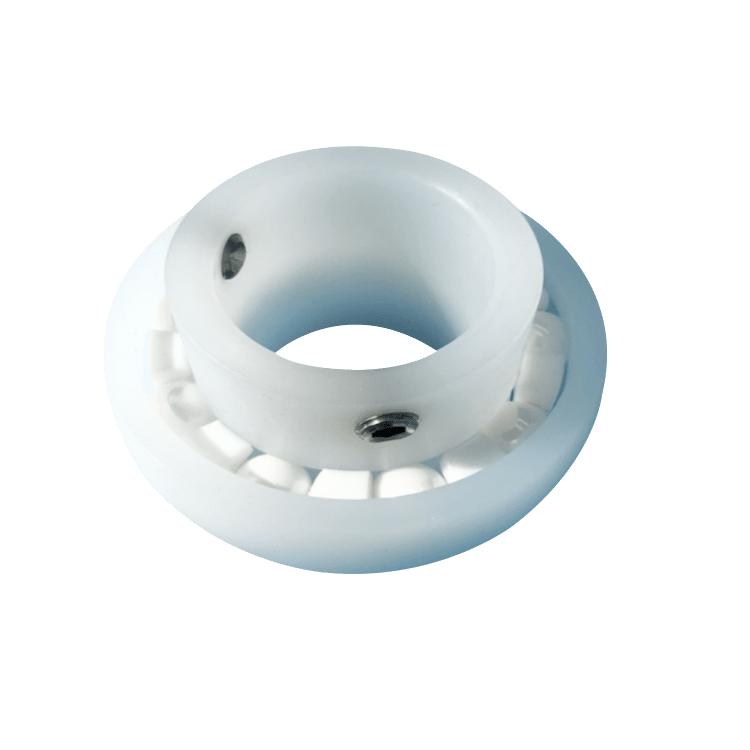Welcome to Tarso, professional special bearing manufacturer
What is a Ceramic Ball? Ceramic balls are made from hig […]
What is a Ceramic Ball? Ceramic balls are made from high-quality alumina oxide, which is especially durable and resistant to erosive and corrosive environments. These lightweight balls are also used in domestic water meters. Their dimensional stability is well-maintained even at high temperatures, and they are resistant to corrosion. Some ceramic materials are even tougher than alumina. Silicon carbide is a popular choice, but it lacks the toughness necessary for more rigorous applications.
While the ceramic ball has the same general grain structure as steel balls, its harder texture and increased hardness make it ideal for high-performance applications. This increases the potential speed and reduces friction, leading to less wasted energy. Ceramic balls also last longer than steel balls, which makes them a great choice for corrosive environments, as well as in food production. Hybrid ceramic ball bearings are often more expensive than steel balls, but they can give you the competitive advantage you need.
The advantages of a Ceramic Ball are many. They are nearly half the weight of a steel ball, while being about the same size. And they have excellent chemical properties. There is also no need to worry about durability, since ceramic balls are available in any grade and size. The weight of a Ceramic Ball depends on the grade, but the hardness of a particular ceramic material may vary. By comparison, a steel ball can last for up to a hundred years.
Another advantage of ceramic balls is that they require less energy than steel balls. Because they are lighter, they spin at a faster speed, reducing friction and energy loss. This makes them much more efficient in many applications. Because they are also less dense than steel, they also outlast steel bearings. These benefits, along with their lower cost, make ceramic balls a more affordable option for manufacturing. So, which is the best option for your needs?

Another benefit of a Ceramic Ball is that it has high dimensional stability. Unlike their steel counterparts, they are also lighter, so they can be used in many applications. In addition to being lighter, they have a higher surface finish, exhibit lower vibration, and are more aesthetically pleasing than their steel counterparts. It's also important to note that a Ceramic Ball is a lot lighter than a steel bearing. You might want to check the density of your bearing before you buy it.
A Ceramic Ball is 60% lighter than a steel-based ball, making it easier for the dental handpiece to maneuver, and it generates less centrifugal force at high speeds. A lighter ball also makes the assembly process of a Dental Handpiece more efficient, and the noise level is lower. This makes ceramic ball bearings a superior option for any application. This type of bearing also requires less lubrication and requires less maintenance than steel ball bearings.
Hybrid bearings are another option. They combine ceramic balls with steel rings. However, ceramic balls require fewer lubrication than steel balls, and thus they are not suitable for environments that are harsh on steel. However, they have the same thermal resistance as a complete Ceramic Ball Bearing. Ceramic balls are highly durable and may last for up to ten times longer than steel balls. These features make ceramic balls an excellent choice for your next bearing.